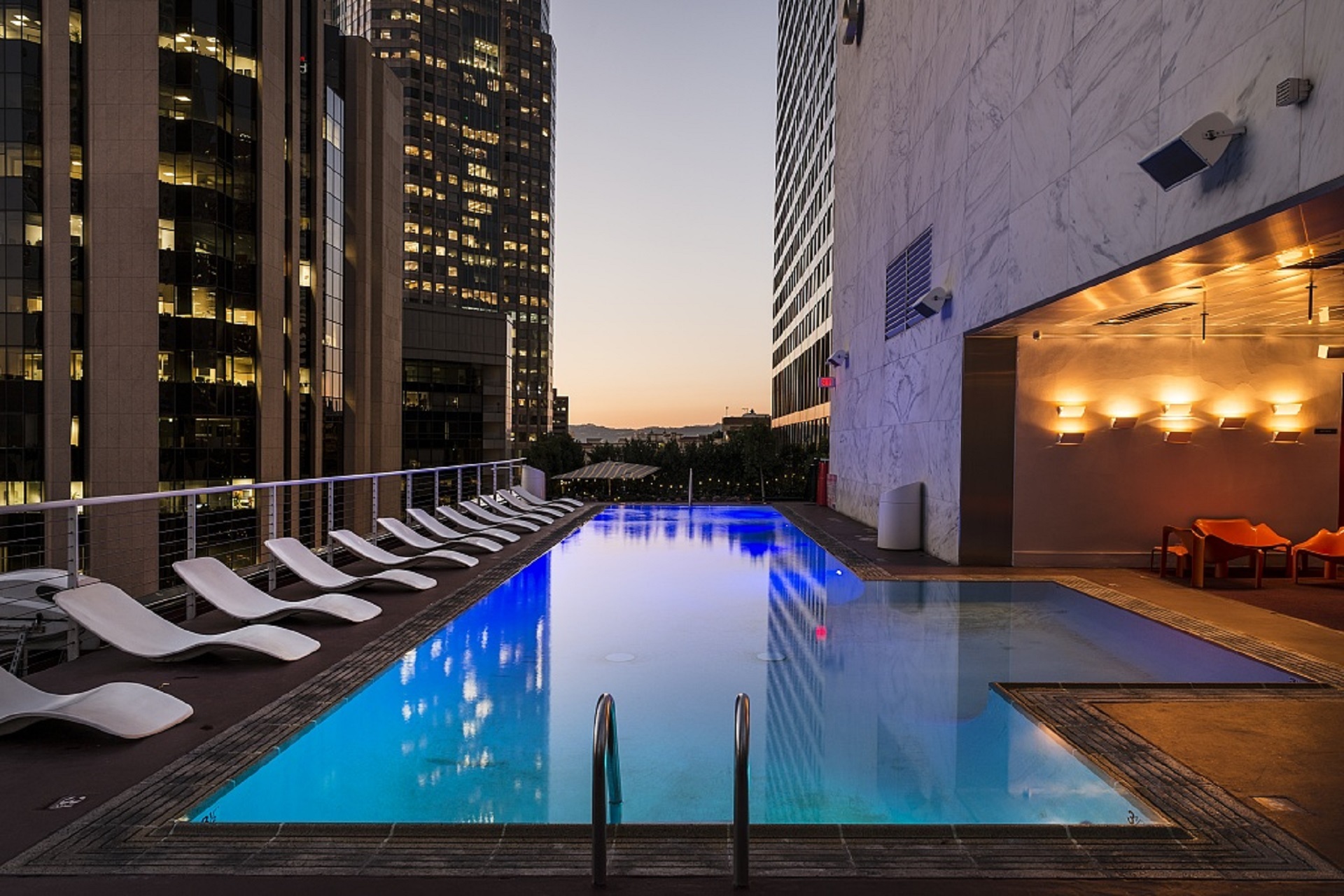
We all know about swimming pools. They are fun, entertaining, can help improve your health, are a great escape from the daily hectic routine, and a source of relaxation.
Despite all these benefits, it is hard to use your pool in cold climates, compared to the use you do in the summer. During the winter, your swimming pool seems more like an iced pond in your backyard.
Certainly, the benefits of having a swimming pool would extend far beyond obvious convenience. In most places like in the Northern hemisphere, the winter weather usually lasts longer than the summer climates and sometimes they have far harsher winters.
It might seem impractical at times when you want to invest so much in your swimming pool just to use it for a shorter period because in some places winter can last for more months than summer.
However, configuring swimming pools and installing the right kinds of features and add-ons would extend the time period of usage for swimming in any given climate.
Let’s find out the right type of pool that could help us combat the winter seasons for swimming. Types of in-ground pools such as:
Concrete pools in cold climates
Concrete pools are generally known to be the most durable in quality, although they are costly and difficult to build. These pools can be entirely customized into any kind of shape or size that would fit in the given landscape while giving us the perfect elegant touch. Such pools are the most common type of pool that is in the northern colder states.
The pool is made of rebar, sprayed concrete, and plaster decorated with pebbles and tiles. These kinds of pools are technically built with additional support to withstand the freezing temperature of the northern states.
The issue which comes with this kind of pool is that during the cold winter weather there is a possibility of structural cracks occurring in the concrete caused by freezing temperatures.
Here is what happens in a cold climate. The concrete expands and contracts as the temperature moves from freezing to a little milder temperature, which makes the concrete crack.
This may also cause problems in the plumbing section of the swimming pool. In concrete pools, cracks are the most common issue while they could still be fixed at an extra cost.
Additional Read: The Different Seasons And How It Affects A Swimming Pool!
Fiberglass pools in cold climates
Fiberglass pools could be very expensive while you are installing them. However, over the years you would have lower costs of maintenance. These pools typically do not require the pool liner to be replaced again after a few years and they don’t need as many chemicals as it is needed for a concrete pool.
One fun fact about fiberglass pools is that they can flex and as well as absorb shock so this type of pool is a better option for those living in areas that are generally more prone to earthquakes.
These pools are generally built in a factory and are delivered to your doorstep, ready to be installed. Fiberglass pools generally come in rectangular high breed, free form, and spa models that make an amazing addition to your home.
Certainly, the benefit of a fiberglass pool is it is that it has a quicker installation, and is more durable than vinyl and concrete swimming pools while being similar in points of durability and quality to the rest of the types of pools.
Another great point about having a fiberglass pool is that they require minimum maintenance, are resistant, and are made flexible. Meaning that the freezing temperature won’t strain or be able to crack the fiberglass as it would probably in concrete pools.
Therefore you don’t really need to worry much about cracking and breaking your pool. in addition, they have a life expectancy of over 20years and longer.
Let’s look at some issues which come along with fiberglass pools during cold climates. Although the fiberglass pool is made of the most flexible materials it is still poured around with concrete while installing the fiberglass pool shell in order to lock it in place. This is usually an affordable option to other decking materials.
The concrete poured around the pool can crack in freezing temperatures. Although these cracks do not cause any leaks or damage to the pool as this concrete poured around the fiberglass does not make up the actual structure or surface of the pool.
Vinyl liner pools in cold climates
This type of pool has the lowest initial installation cost and is known to be the most budget-friendly pool.
This pool is generally structured in a place using concrete more like the one described above in the case of fiberglass. The pool is made up of metal or polymer which makes it the toughest and would probably not crack in the cold weather conditions. Although it could have problems with the Vinyl-liner surface over the winter months.
Vinyl pools are made with a nonporous liner that does not support the growth of algae and as well as it’s quite gentle on the feet. A nonporous surface has the advantage of the usage of your chemicals which are used for cleaning during the swimming seasons while having less maintenance.
the only disadvantage of vinyl pools is that they require frequent liner replacement. The material which makes the vinyl liner is generally quite fragile which makes it prone to cracking in extreme temperature conditions.
For example, during the winter the temperature manages to make the liner more brittle which then forms tears and cracks leading to leaks.
The bottom line here is that liner could lead to leaks and damage but the vinyl pool is not prone to cracking.


